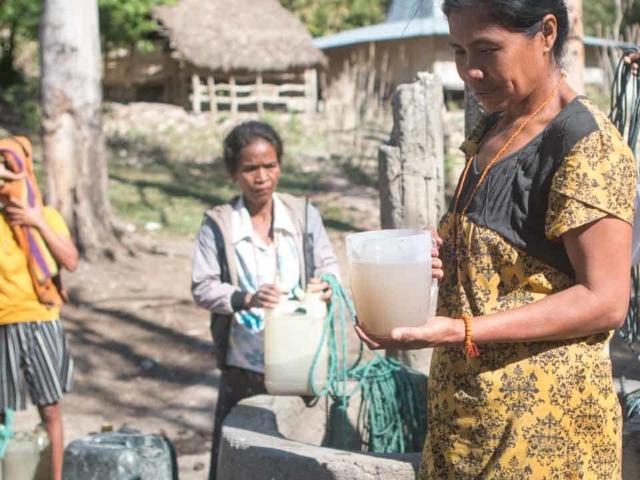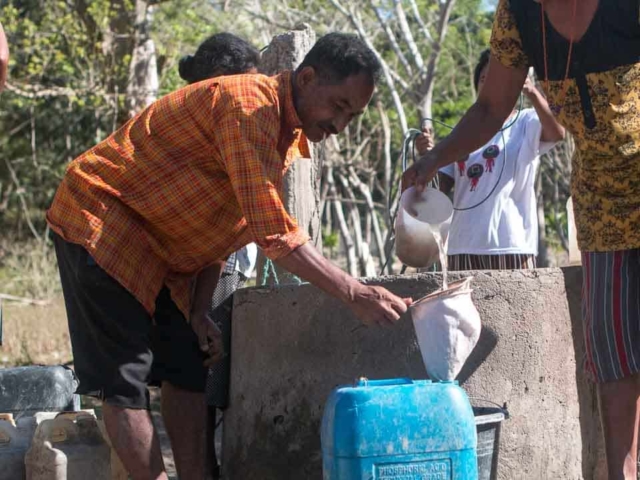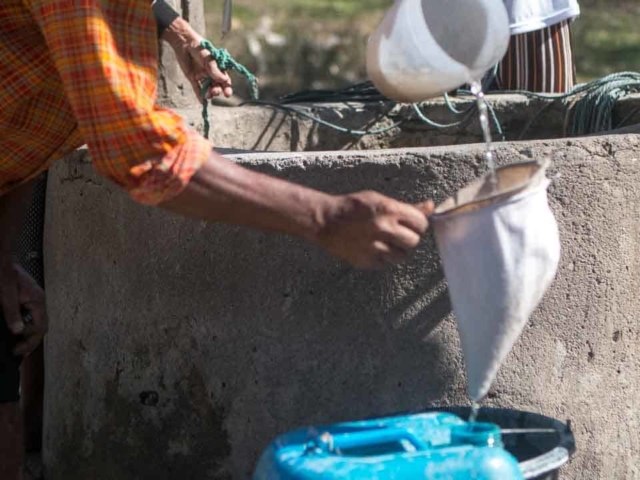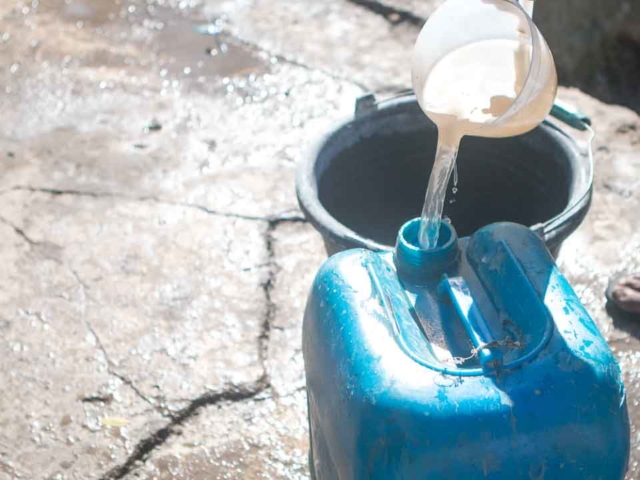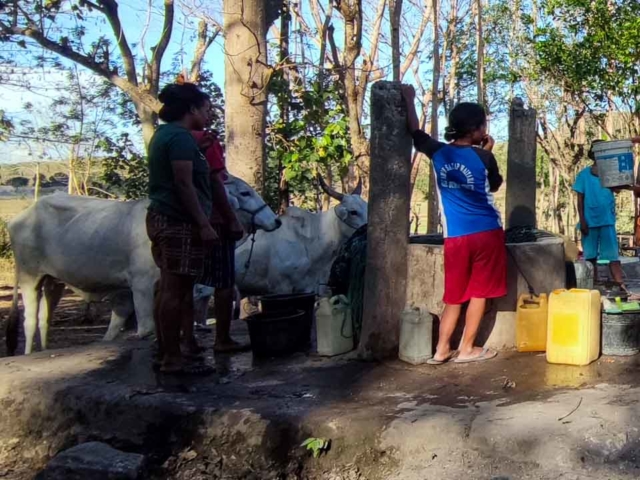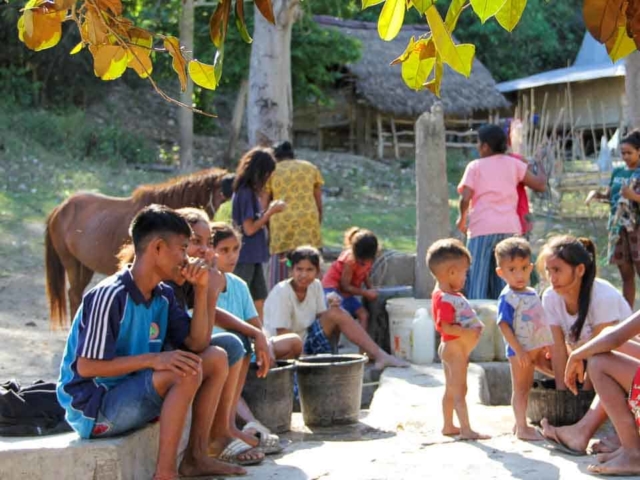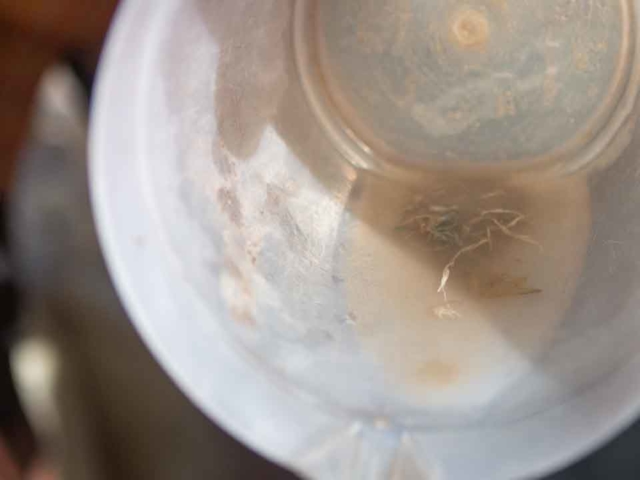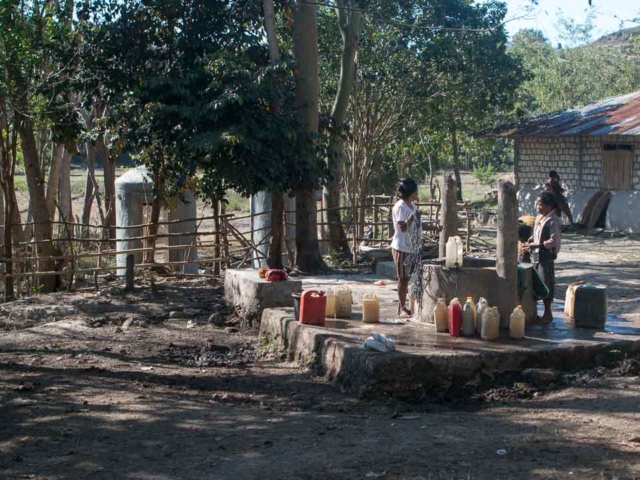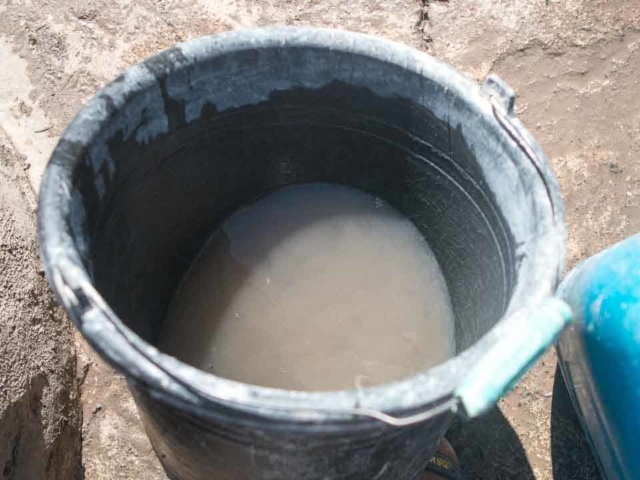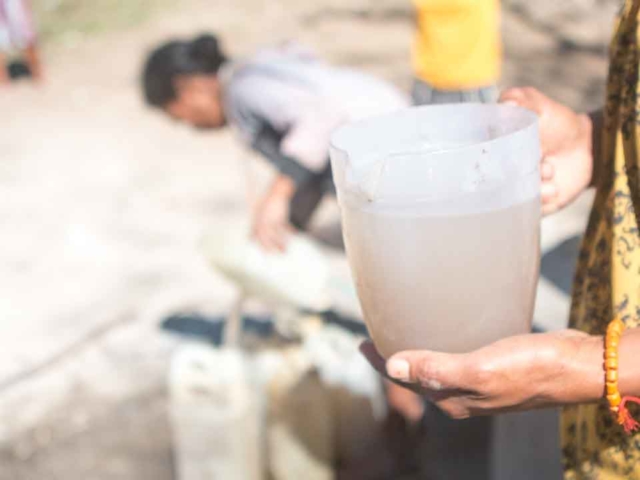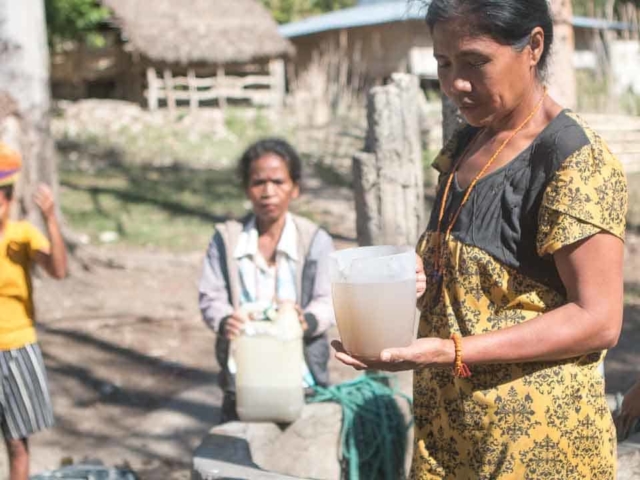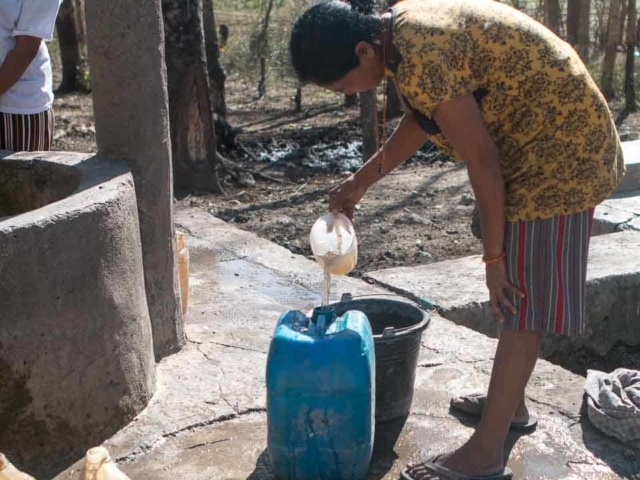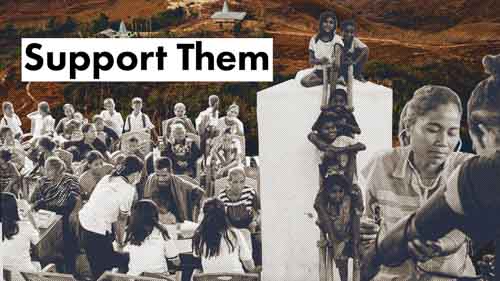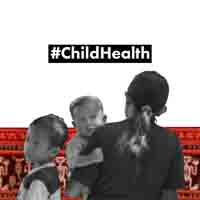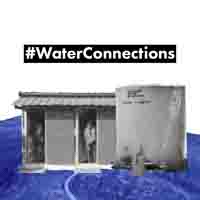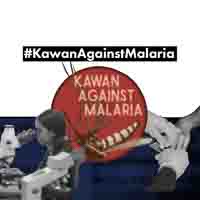In these few images taken by our teams in the field, we want to show you what people of all ages drink or can drink.
In Indonesia, 89 million citizens or more than 30% of the population, do not have access to a clean water source.
Hello friends, how are you?
Our work in East Sumba is linked to the observation we have made throughout our years with the local communities. Here it is:
“-East Sumba is one of the poorest regions in Indonesia, with a low human development index. Unfortunately, almost 65% of the community does not have access to clean water (ref. Regent of Sumba Timur, K. Praing). Also, to our great sadness, the region now has the highest rate of child malnutrition in the entire country.”
Regarding access to water via traditional wells, it must be said that very calcareous soils lead to high calcium levels in groundwater. The latter becomes unfit mainly for consumption and dangerous if the water is not drawn deep enough. A well dug by hand cannot exceed 25 m in depth. It becomes too risky, and the air is no longer sufficient. Therefore, the solution of deep drilling can go beyond 150 m deep. Still, these are extremely expensive: Amounts which can exceed $150 per meter drilled, apart from any other installations such as DC submersible pumps, solar panels etc.
Here people work very hard in the fields, often in stifling heat. As for the children, they have to walk for miles to go to school. Everyone goes about their business, and that’s normal. The heat, the efforts and the biological needs of each oblige to drink a minimum quantity of water so that they can stay in shape and not fall ill. Drinking when thirsty is a human reflex of pure survival. Except that, here in the rural areas of eastern Indonesia, people, when they are thirsty, consume the water they have available.
In these few images taken by the Fair Future Foundation and Kawan Baik Indonesia teams in the field, we want to show you what people of all ages drink or can drink. And so, as we keep seeing almost every day, problems with swallowing unclean water lead to high rates of malaria, diarrhoea, bladder disease, kidney infections, joint pain, respiratory issues and far too high infant mortality.
That’s why, with Kawan Baik Indonesia, we are creating Water Connections, providing clean and safe water and sanitation facilities to all those communities that do not have access to it. To ensure them a better life and better health.
The Swiss Fair Future Foundation, its members of the foundation board, and all those who work here voluntarily in the field (Alex and Elisa) encourage you to support the foundation’s programs by donating. It’s only to help us help them. To do this, click on this link Kawan. Thank you so much.
We wish you a beautiful day wherever you are. Remember to take care of yourself and everyone you love. It is the most important. Alex Wettstein – Fair Future Foundation – 07.11.2022, Rumah Kambera.
Photos were taken on October 29-30, 2022 | Location: Sumba Timur, NTT
In these few images taken by our teams in the field, we want to show you what people of all ages drink or can drink.
In Indonesia, 89 million citizens or more than 30% of the population, do not have access to a clean water source.
In these few images taken at the end of October 2022, in a village in East Sumba, more than a hundred people have access to this unique water source. A well was dug by hand more than ten years ago and is almost always dry. People have to queue to get a few litres of water that is totally unfit for consumption and dangerous to their health.



